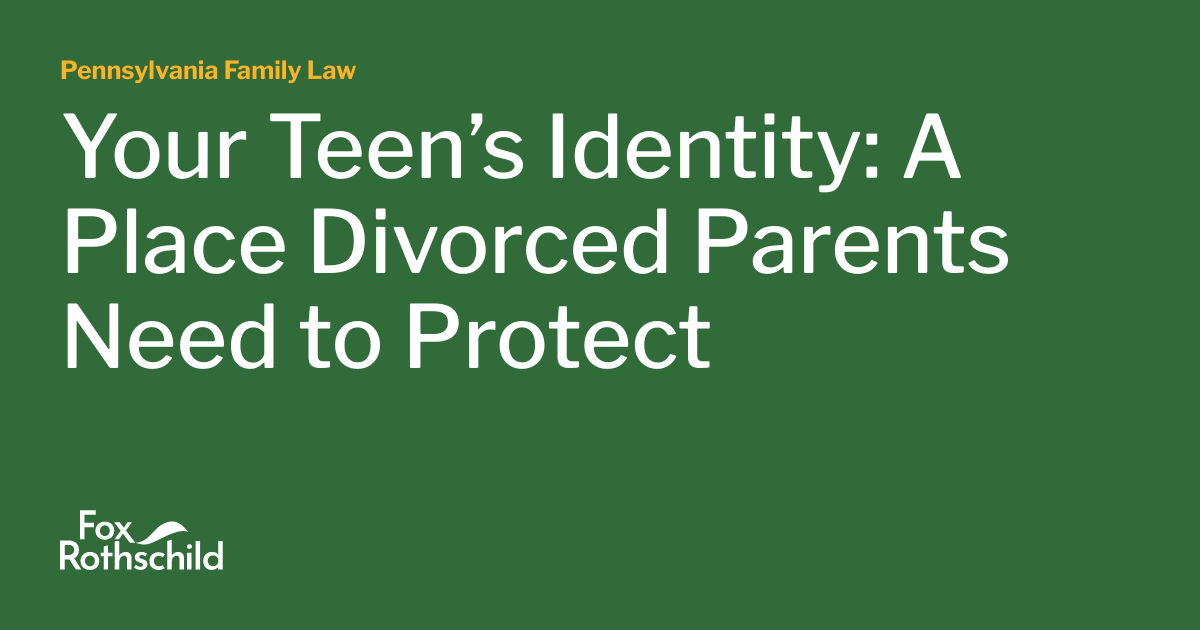We just posted a piece about how parents can get into financial trouble while trying to cushion their children from the harsh reality that divorced couples have less to contribute to expensive child activities. Parental guilt can often really tax the gelt if parents don’t reign in what they spend on childhood indulgences, masquerading as “necessities.”
Monday’s Wall Street Journal offered another place where kids are at risk and may be harmed unless separated parents coordinate to protect them. The topic was cyber-security; a topic of some importance when we see that teenagers are spending a third of their day sleeping, a third in school and a third surfing or gaming on the internet. The Journal reports that hackers are starting to target kids for personal data primarily because they don’t assess risk very well. Adults are becoming pretty well conditioned to refuse any request for social security, credit card or banking information. It would seem that kids should be invulnerable to this kind of phishing because they don’t have bank accounts or credit cards, right?
But, they often do have access to those account numbers because the “house provides.” And assuming they know their social security numbers, most kids don’t appreciate that those nine digits are a kind of Holy Grail. We are told that armed with some combination of these numbers, hackers are able to make their own mischief, including opening credit lines on behalf of the teenagers living in your home or finding ways to make use of your Amazon or Target card because you told your son to use your account for his latest investment in collectible sneakers.
What parents often don’t realize is that their children are not above playing both sides of the parental conflict. In other words, they finagle both parents to provide credit/debit card access because it means designer sneakers in each house. And rarely do even cooperative divorced parents go into the weeds of asking their co-parent: “How much is Adam spending on your cards?”
The article suggests that it may be time to have that kind of conversation with your co-parent and a sit down session with your kids to explain that they either need to get their parents (i.e., you) to do the transactions or undertake adult levels of diligence when they are doing any transaction on line. Otherwise, they may find themselves graduating high school with a credit score of 500 because someone in Europe or Asia has opened accounts and run debts without the child even knowing the transactions occurred.
So, the annual to do list now includes not just getting your free credit report but one for the child as well. And the sage thing to do when you give your child a card or access to an account is to let the other parent know; not the numbers, but the purpose of the transaction so that there is some protection that your adoring child is not ordering one Amarra prom dress in red at mom’s and in blue at dad’s. Your kid may not love your approach, but he/she will respect your due diligence. The article is in the Cybersecurity insert to the Wall Street Journal published 3/18/24. Information regarding your credit history and that of your child is at https://www.annualcreditreport.com/index.action

